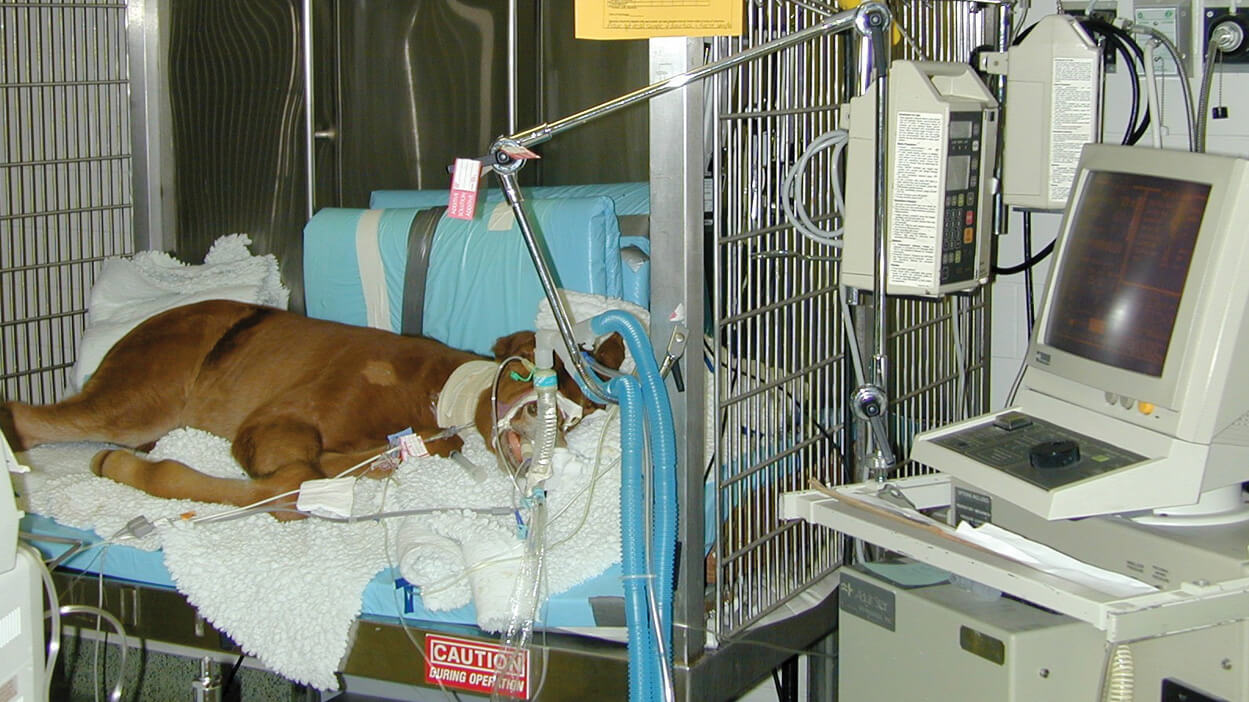Equine herpesvirus 1 (EHV-1) is highly infectious. Following an initial infection, EHV remains in a resting (latent) state within the horse for life, and can reactivate during stressful situations. EHV is present in most horses and causes no side effects. One of the most common EHV species, however, EHV-1, can cause serious illness such as neurological disease, respiratory disease, abortion and neonatal death.
Current vaccines are ineffective in preventing the initial EHV-1 infection and subsequent reoccurrences of disease. While antiviral therapies can help to protect against the initial infection, they don’t stop disease recurrences.
Scientists know very little about the mechanisms that regulate and control EHV-1. Over the next two years, Western College of Veterinary Medicine researcher Dr. Kristen Conn will target that issue – investigating how EHV-1 protein expression is regulated. Findings from this study could be vital in supporting further research toward the development of new therapies to treat diseases associated with EHV-1.
Meanwhile, over at the Ontario Veterinary College, researchers are hoping to better understand abortion rates in broodmares and determine what effect EHV-1 is having on the industry.
EHV-1 vaccines have been thought to be the reason for a steep reduction in abortion. However, as noted, studies have found that the vaccines are not completely protective. Outbreaks occur even in vaccinated herds and over-vaccinating can actually decrease the body’s protective immune response.
It is difficult to gauge the effect that EHV-1 has on infected mares and, therefore, the value of vaccination. Vaccinating them after they are infected has not been strongly studied, so the effects of the vaccine to prevent disease in already infected horses is unclear. Further, no vaccines have been labelled protective against the neurologic form of the disease.

